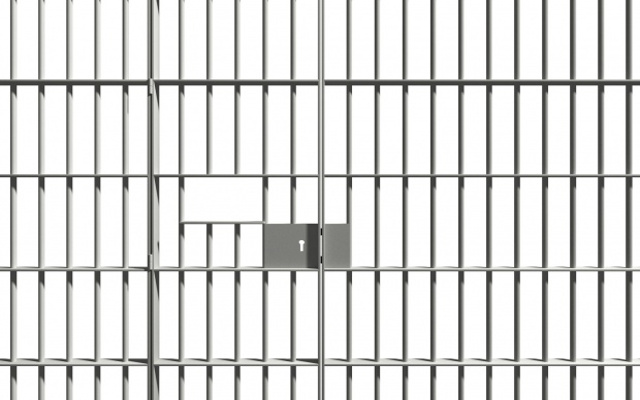In Bahrain, some of the most active human rights defenders and sufferers of torture are women. One of these political dissidents is Zainab al-Khawaja. Bahraini authorities imprisoned her after she exhausted her appeals process fighting charges related solely to her free expression. Security authorities held her in detention with her infant son for over three months.
On 12 June 2016, Bahraini authorities released Zainab after international outcry from a number of NGOs and human rights groups. However, since Zainab’s release, Bahraini authorities have threatened her into exile in Denmark, where she is a dual-citizen. Al-Khawaja’s case brings to light the circumstances of many of Bahrain’s female prisoners, as well as the conditions in the women’s prison itself.
Women comprise nearly one-fifth of the total Bahraini prison population. Of the many detention facilities in the country, Isa Town Detention Center is the only women’s facility. Its total inmate population is approximately 150 prisoners, with fewer than 10 political detainees housed. The majority of the inmates are migrant workers. Those who do not speak Arabic or English are not provided a translator and subsequently, cannot understand the charges being brought against them.
Health conditions in Bahrain’s prisons are poor, especially with regards to women’s health issues. Unclean bathrooms and showers coupled with limited access to toilets contribute to a high number of urinary tract infections. Prisoners must also pay for soap and toothbrushes from the prison store, making basic sanitation products inaccessible to those who cannot afford them. Additionally, the crowded cells increase transmission of infectious diseases, including Hepatitis A and B.
While each prison cell contains 10 beds, Bahrain Center for Human Rights reports that there are sometimes more than 15 women assigned to each cell. There are two separate cells with four beds each that are reserved for women who are pregnant and/or ill. This requires that five or six women must sleep on the floor, which is often infested with cockroaches in the old buildings. A new building was recently added to the women’s detention center. Prisoners claim this facility has improved sanitary conditions but they experience worsened treatment from prison guards.
Prisoners of Isa Town Detention Center are subjected to daily verbal harassment, physical abuse, and threats of sexual assault from the prison guards. The fear generated from this abuse has heightened an already-stressful environment. Prisoners report that staff are not adequately equipped to provide psychiatric evaluations and treatments for the mental health of the detainees.
In 2015, the government-funded Prisoners and Detainees Rights Commission (PDRC) conducted an unannounced examination of the women’s detention center. The PDRC report acknowledged that cells were small, crowded, and posed potential self-harm situations. Additionally, there is no training provided to staff for handling incidents of harm that detainees may pose to each other and to themselves. This commission provided a series of recommendations to ensure that the needs of all detainees are fully met. However, it is crucial that an independent mechanism of oversight is implemented to assess women’s prisons and address human rights abuses in greater detail.
Americans for Democracy & Human Rights in Bahrain (ADHRB) has found patterns in the way that Bahraini authorities target and silence women protesters. The recently published report, Charting the Seas of Abuse: Analysis of United Nations Special Procedure Communications to the Kingdom of Bahrain 2011 – 2016, tracks the work of the United Nations Special Rapporteurs in documenting abuse and negligence of women prisoners.
Farah Kader is the Zainab al-Khawaja Fellow for Women and Children’s Rights.





